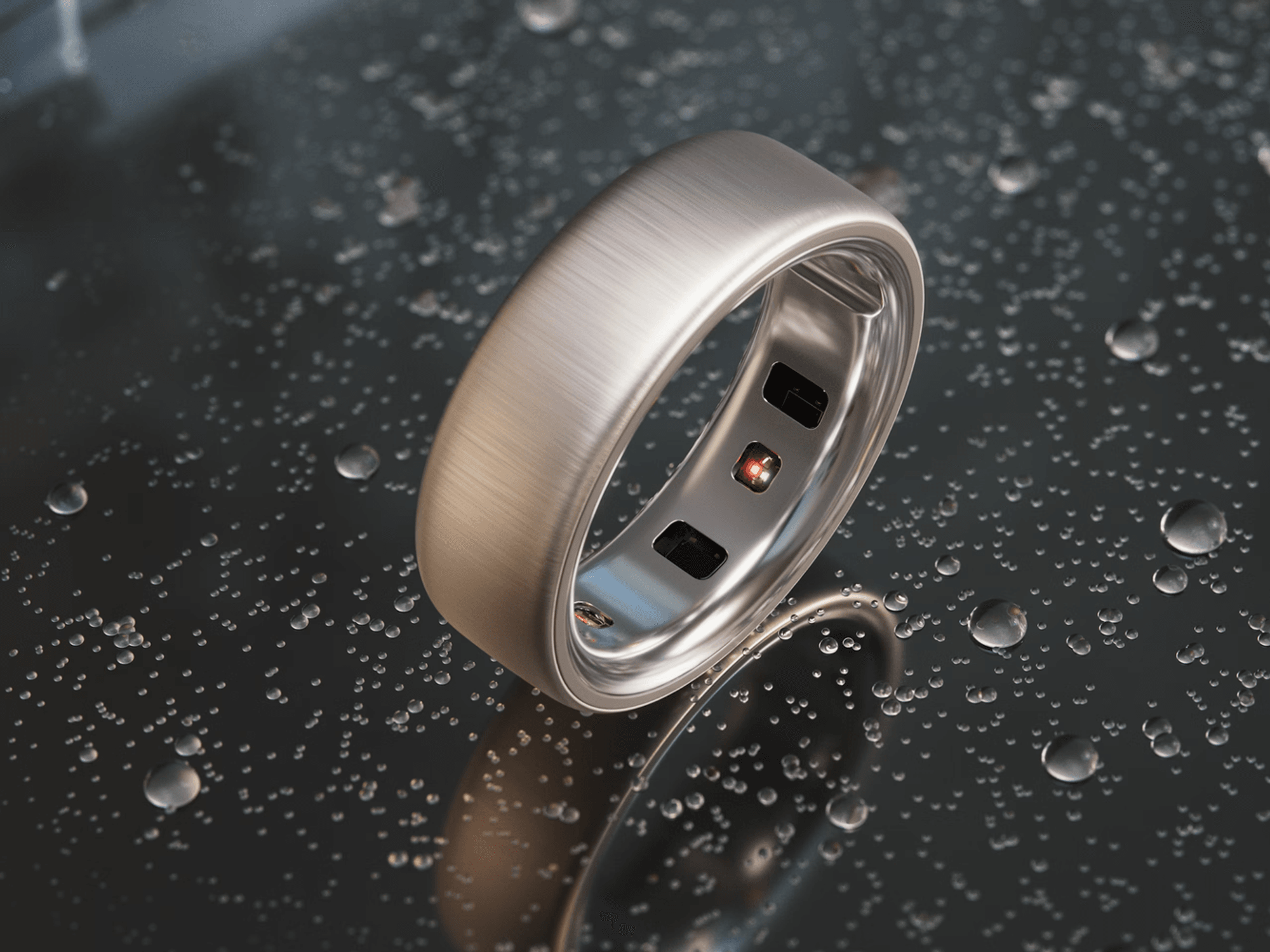Vitamin D warning as expert says it 'should always be taken' with another supplement to avoid 'calcification of arteries'

Britons have been told to exercise caution when using a popular dietary supplement
Don't Miss
Most Read
Latest
Britons have been cautioned about the risks of consuming vitamin D in isolation after a medical professional explained the necessity of pairing it with another crucial nutrient.
"If you take Vitamin D, St. John's Wort, zinc or magnesium, here are a few things you need to be aware of," the physician Dr Jo Ward advised in an educational video on TikTok.
Her warning arrived as approximately 60 per cent of Britons depend on vitamin D supplementation during autumn and winter months, when the country's UV levels prove inadequate for natural synthesis.
The physician explained that vitamin K2 must accompany vitamin D supplementation to avoid potentially harmful consequences.

Britons depend heavily on vitamin D supplementation during autumn and winter
| GETTY"Vitamin D should always be taken with Vitamin K2 - the reason why is that if you take D on its own, it can cause calcification of the arteries. Vitamin K2 prevents that, so it's a really good idea to find a formula with K2 and D together," Dr Ward explained.
Medical resources, including Heatline, support this guidance, noting that while vitamin D helps maintain adequate calcium levels in the bloodstream, it cannot direct where calcium deposits occur.
This regulatory function belongs to vitamin K, which prevents calcium accumulation in blood vessels that could contribute to cardiovascular and renal conditions.
Dr Ward also highlighted potential hazards associated with St. John's Wort, particularly its interference with various medications. "Sometimes it renders the contraceptive pill ineffective, which can lead to an unwanted pregnancy," she warned.
The physician advised patients using anticoagulants or cardiac drugs such as digoxin to consult their GP regarding possible interactions.
Regarding mineral supplements, Dr Ward cautioned against simultaneous consumption of zinc and magnesium.
"These are not the best when taken together," she noted, explaining that "they should be taken separately - especially when they're high doses. That's because they compete for the same absorption."
Instead, she recommended consuming zinc alongside meals and suggested evening administration for magnesium supplements.
Viewers responded enthusiastically to the medical advice, with one commenting: "The problem is, not all doctors understand supplements. Many have told me supplements are pointless. I'm glad you do. Big thanks."
Another follower expressed appreciation, stating: "Really useful information about supplements, thanks!" while a third observed: "It all depends on your health condition."
LATEST DEVELOPMENTS

Medical professionals recommend pairing Vitamin D with Vitamin K2
| GETTYWhy is vitamin D important?
As autumn arrives, it's worth remembering that vitamin D plays a vital role in keeping us healthy. This essential nutrient helps control how much calcium and phosphate our bodies absorb and use.
Without enough vitamin D, our bones, teeth and muscles can't function properly, making supplementation particularly important as sunlight becomes scarce.
Not getting enough vitamin D can cause serious problems. Children may develop rickets, which leads to bone deformities, while adults can suffer from osteomalacia, resulting in bone pain.
The government advises everyone to consider vitamin D supplements during autumn and winter months. Certain groups need supplements all year round - this includes children between one and four years old, babies consuming less than 500ml of formula daily, and people at high risk of deficiency.











